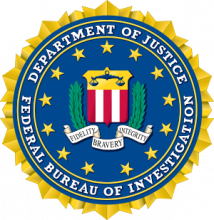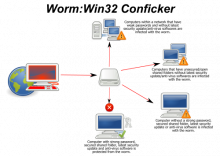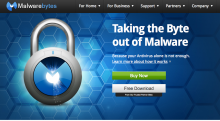China is world's most malware-ridden nation
Some 55 per cent of Chinese computers are infected with malware, the highest of any country worldwide, according to the latest Annual Security Report from Panda Security.
The Spanish security vendor’s Panda Labs research team reported 27 million new strains of malware in 2012, bringing the total in its database to 125m.













































































